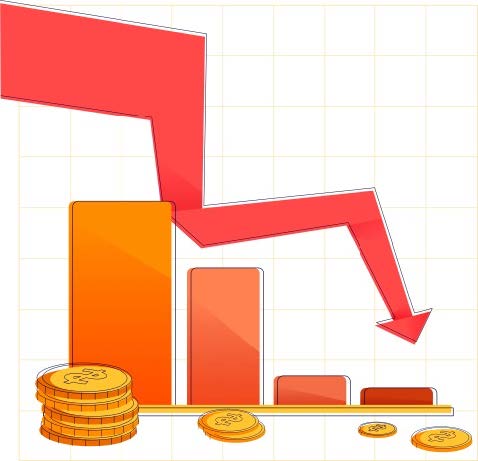Global Income Inequality: What are the Causes and Consequences?
Objective
Students will be able to:
● define income inequality and provide evidence that it exists in the world.
● explain how income inequality is related to other variables such as education, economic growth, political stability, and healthcare.
● evaluate global income inequality using an outcome-based and duty-based ethical model.

Description
In this lesson from the Ethics, Economics, and Social Issues curriculum, students recreate the relative income inequalities of real countries with a hands-on activity and work in jigsaw cooperative learning groups to make connections between income inequality and other socioeconomic variables.
Economics
Equality is a difficult concept to adequately express in clear terms. While the difference between equality of opportunity and equality of outcomes is somewhat straightforward in the framework of economic goals, many times students want to use the word “equal” as a synonym for “fair.” Fair is a troublesome term in economics because of its subjectivity. Equality is intrinsically linked with many topics covered in an economics course including allocation strategies, public goods, taxation policies, and income. Of course, whenever equality is a topic of concern, inequality is as well. The focus of this lesson is specifically income inequality on a global scale. Income inequality is the extent to which income is distributed in a population unevenly, which has an impact on standard of living, policies for
redistribution of income, and abilities to save, invest, and create wealth. This lesson is primarily concerned with getting students to understand the fact that income inequality exists in every country in the world and it has correlations with a variety of other socioeconomic variables.
Ethics
The ethics of income inequality involves a discussion about positive and normative statements. The fact that income inequality exists is a positive statement that can be empirically demonstrated. To say income inequality is unethical is a normative statement because it implies that there is a way things “should” be done. Social norms, politics, and personal preferences for economic and social goals all play a role in deciding that question. The fact that income inequality is a global phenomenon presents an interesting aspect of the ethical discussion because it suggests the possibility that some inequality is inevitable, especially in economic systems that do not prioritize equality as a social goal. If that is true, a deeper ethical quandary is how much is acceptable. An outcome-based ethical model would suggest that the “right” action is one that is the most beneficial for the most people. But is having equal income the most beneficial outcome? Keeping these ethical frameworks in mind as you teach this lesson will help students understand the complexity of this topic.
Resources